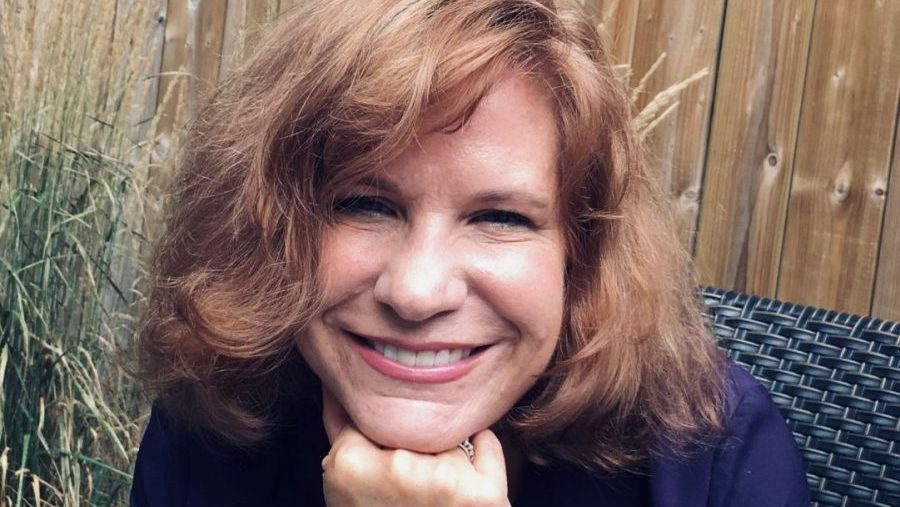Profile:
Understanding the Role of Pharmacology & Toxicology in Society, PCL389
Pharmacology and Toxicology in Society (PCL389) expands student knowledge regarding the science-behind and societal views of drugs with a focus on street and recreational drug use and substance abuse disorders. Classes focus on the science associated with drug use and class discussions integrate health/drug policy, socio-cultural and media views. Students spend 20 hours with a harm reduction community-health partner working on community-driven projects with front-line workers and clientele.

Program Details
Instructor / Program Coordinator(s):
Professor Michelle Arnot, Associate Professor, Teaching Stream Undergraduate Coordinator, Faculty of Arts and Science
Profile(s):
External Partners Faculty & Staff Students
Division:
Faculty of Arts & Science
Benefits to Students:
Students expand their perceptions and think holistically about “science” and “people” while also appreciating how their knowledge and skills move beyond the classroom. Through reflective practices, discussions, and interactions with diverse populations, students undergo significant personal growth and learn to appreciate the complex issues and situations associated with drug use.
Benefits to External Partners and the Community:
Our partners gain access to students who are engaged, open to learning and have excellent research and technology skills. Partners leverage these skills and engagement in a manner that drives projects forward, often filling a gap of labour and/or resources. Community partners also increase exposure to individuals who may not have previously been aware of their mandate and needs.
Benefits to the University:
The collaborations provide experiences and opportunities that students may not find other places. PCL389 is in high demand and has increased the profile of our Department with students. The work between students and community partners also raises the profile of our students and unit within the greater community.
Information for Interested Students:
For more information, visit the Department of Pharmacology and Toxicology.
Advice for Faculty and Staff Interested in Creating a Similar Experiential Learning Opportunity:
This is my favorite course to teach even as it requires more energy, time and thought/planning. I am honored to observe and guide my students as they grapple and grow with the complexity of issues and move outside their comfort zones. Student reflections demonstrate growth as a scientist and as a human. In addition to course coordination, I try to connect with our community partners and help facilitate challenges that might arise, as this course would not run without them. Key to success in this course is ensuring reciprocity in the experience.
Michelle Arnot, Department of Pharmacology and Toxicology
Details
Partnership Based
Curricular
Unpaid
